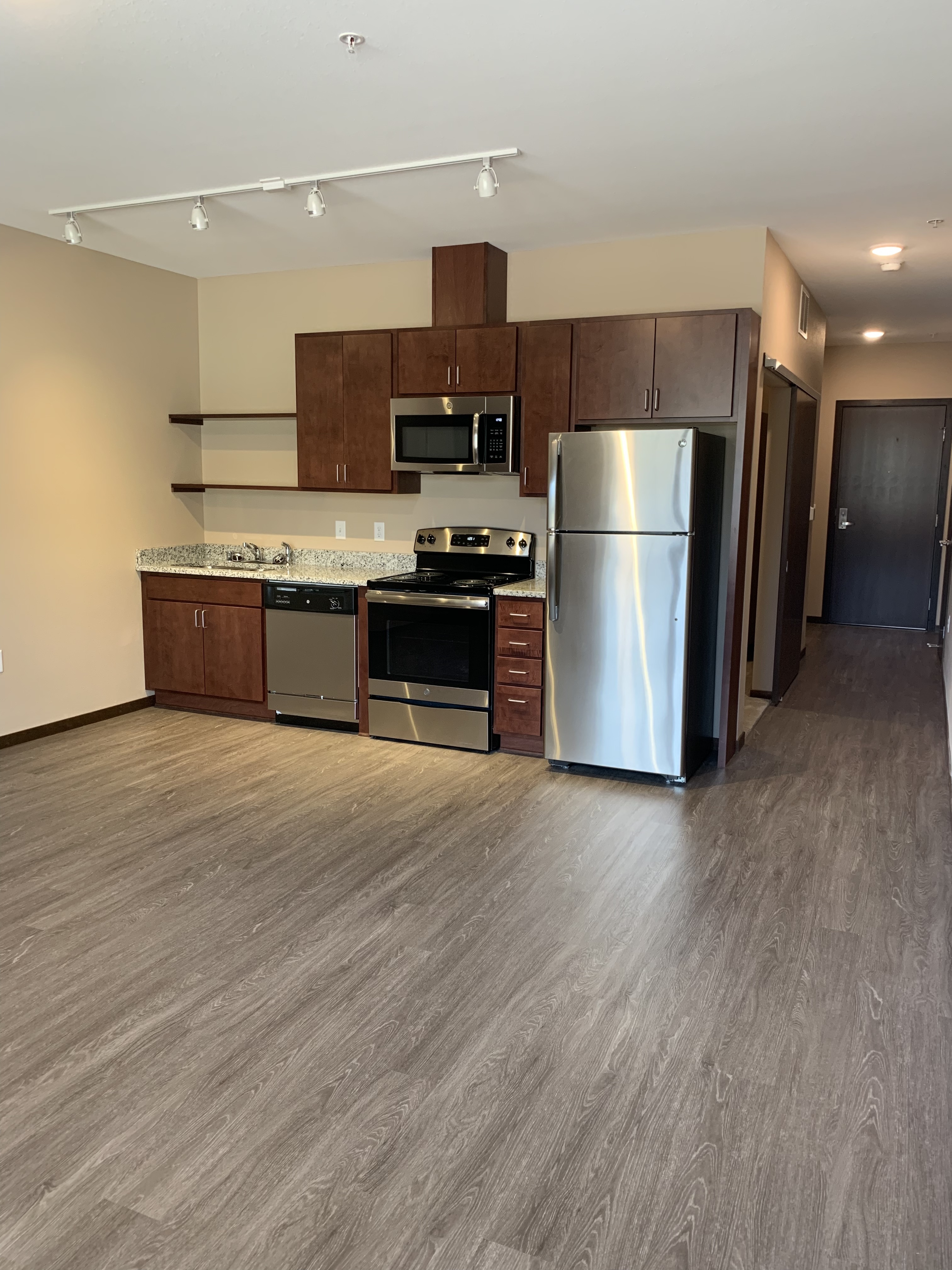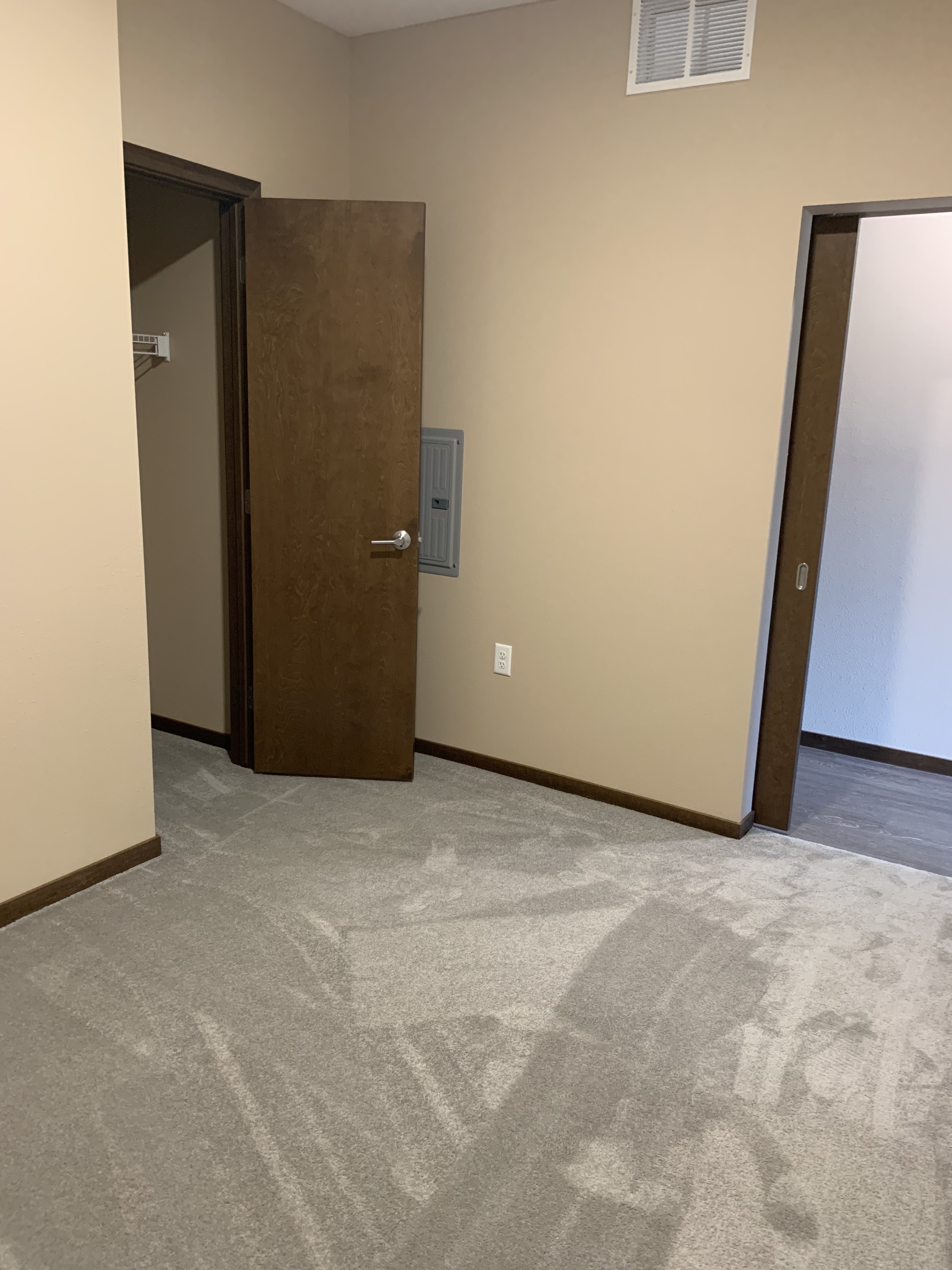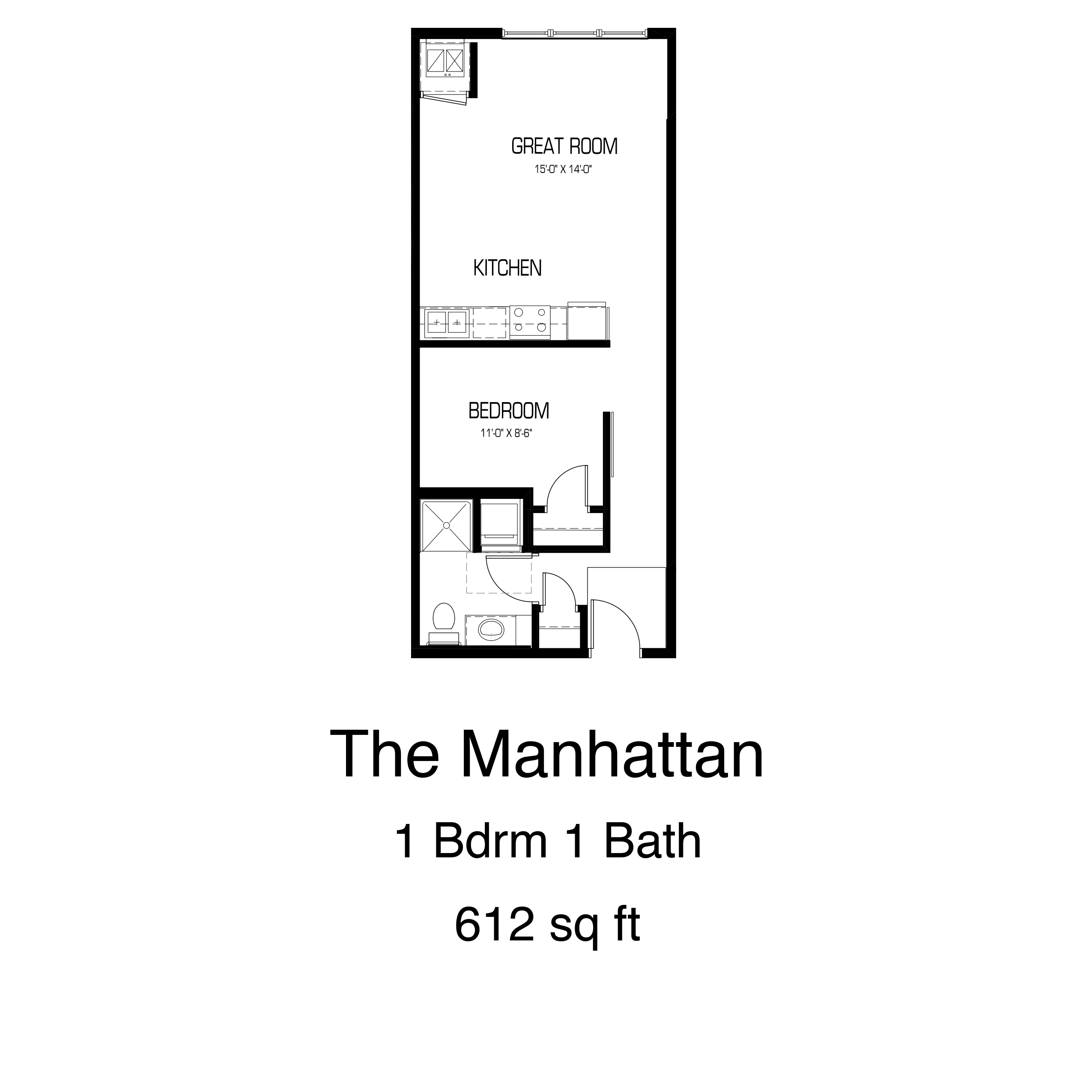Manhattan 1 Bedroom Apartments For Sale – The very notion that everything can be bought and sold creates a society where inequality is not just accepted, but ingrained in the very structure of the economy. What was once limited to boutique shops or high-end department stores can now be purchased from the comfort of one’s home. The story behind the item becomes part of its value, adding an emotional dimension to its physical form. Many quality goods are made by artisans or small businesses who take the time to create products that reflect their expertise and passion. The possibilities are endless, and the result is often something more unique and personal than what could be bought new. The rise of online platforms dedicated to the sale of second-hand goods has also played a significant role in the growing popularity of pre-owned items. The environmental benefits of buying second-hand goods go beyond just reducing the need for new production. In recent years, the market for businesses for sale has been affected by several global and local economic factors. They believe that certain things, like love, loyalty, and friendship, should be above the reach of commerce. The practice of buying and selling second-hand items has been around for centuries, but in recent years, it has seen a resurgence. For some, selling a business is a proactive decision to move on to new ventures, while for others, the sale might be the result of external factors, such as market downturns, changing consumer preferences, or regulatory shifts. It carries with it a deep sense of commodification — the idea that every part of our lives, every piece of our history, every corner of our existence, has a price attached to it. This ensures that the product is fully functional and free of defects, providing peace of mind for buyers. However, buying a business is not a decision to be taken lightly. Thrifted clothing, vintage furniture, and pre-owned electronics are often seen as more authentic and unique than brand-new, mass-produced items. This sense of history and individuality is part of what makes second-hand shopping so appealing. Regardless of the reason, the sale of a business is an event that requires careful planning, transparent communication, and strategic negotiations. These moments remind us that there is more to life than the pursuit of profit, and that not everything can be measured by a price tag. While buying and selling second-hand items can come with its challenges, the rewards—both financially and environmentally—make it a worthwhile pursuit for many people. As more people embrace the idea that everything has value, second-hand goods will continue to be a central part of the way
Quality goods for sale have always held a special place in markets around the world, captivating consumers with their promise of durability, performance, and timeless appeal.

The Manhattan 1 Bedroom Capital View Apartments
Homes for sale by owner · homes for sale · condos for sale

The Manhattan 1 Bedroom Capital View Apartments
Homes for sale by owner · homes for sale · condos for sale

The Manhattan 1 Bedroom Capital View Apartments
Homes for sale by owner · homes for sale · condos for sale

NYC 1 Bedroom Apartments For Sale StreetEasy
Homes for sale by owner · homes for sale · condos for sale

The Manhattan 1 Bedroom Capital View Apartments
Homes for sale by owner · homes for sale · condos for sale

The Manhattan 1 Bedroom Capital View Apartments
Homes for sale by owner · homes for sale · condos for sale

The Manhattan 1 Bedroom Capital View Apartments
Homes for sale by owner · homes for sale · condos for sale

The Manhattan 1 Bedroom Capital View Apartments
Homes for sale by owner · homes for sale · condos for sale

Apartments for Sale in Manhattan Where to Buy to Live or Invest
Homes for sale by owner · homes for sale · condos for sale

The Manhattan 1 Bedroom Capital View Apartments
Homes for sale by owner · homes for sale · condos for sale
It carries the marks of life’s moments: the road trips, the adventures, the daily commutes, the memories of friends and family. The culture of buying second-hand goods is rapidly shifting in the modern world, particularly among younger generations. Online platforms also give buyers and sellers the chance to evaluate one another through reviews and ratings, adding an extra layer of trust and security to the transaction. The idea of “buying quality” is not just a luxury; it’s a mindset that encourages consumers to think beyond the momentary gratification of cheap purchases and focus instead on long-term value and satisfaction. Are there things that should be kept beyond the realm of trade? Or has the marketplace — with its insatiable demand and promise of exchange — seeped into every facet of our being?
If everything is for sale, then the concept of value itself becomes fluid, subjective, and often manipulated. Manufacturing new items requires energy, raw materials, and natural resources, all of which contribute to environmental degradation. In a world that often prioritizes convenience
The notion of a business for sale is one that captures the imagination of many. But even as we wrestle with the implications of living in a world where everything is for sale, we also see that this reality is not entirely negative. Some businesses are sold because the owner is ready to retire, while others might be sold due to financial difficulties or changes in the owner’s personal or professional life. Conversely, periods of economic growth may lead to more businesses being sold due to increased valuations and higher demand. A high-quality winter coat, for example, will keep you warm and dry through years of cold weather, offering comfort and protection that a cheaper, mass-produced coat cannot match. Take, for example, a high-quality piece of furniture — a well-crafted sofa or dining table can last for decades if maintained properly. This shift from a linear economy, where products are made, used, and disposed of, to a circular one, where products are continually reused and repurposed, is a step towards a more sustainable and environmentally friendly world. For many, purchasing second-hand goods is not only a practical and affordable choice but also an environmentally conscious one. Economic downturns, for example, can influence the types of businesses that are put up for sale, as struggling companies may look to exit the market. Similarly, during periods of economic growth, there may be a greater willingness to spend on luxury second-hand items, such as high-end fashion or collectible items. It is only through diligent research that a buyer can truly determine whether the business is worth the asking price. When we begin to view everything through the lens of commerce, it’s easy to lose sight of the things that make life worth living — the moments that aren’t for sale, the experiences that can’t be bought. Buyers can often filter search results by price, condition, and location, making it easier to find the best deals. When people choose quality goods, they are choosing longevity over convenience, enduring craftsmanship over temporary trends, and often, a timeless aesthetic over what is in vogue today.
The world may increasingly operate under the assumption that everything is for sale, but the human spirit, with its capacity for love, creativity, and compassion, refuses to be bought. For many, purchasing second-hand goods is not only a practical and affordable choice but also an environmentally conscious one. From online platforms to local thrift stores, second-hand goods offer an opportunity for consumers to access unique products, save money, and reduce their environmental footprint. Yet, at the same time, there’s the promise of new beginnings for both the seller and the buyer. The satisfaction of purchasing quality is often deeply intertwined with the knowledge that your money is going toward something that truly deserves it. These goods, once owned and used by someone else, offer a unique opportunity for both sellers and buyers to exchange items that might otherwise go unused. At its core, “for sale” signifies that something is available for purchase, but beyond that, it tells a story of desire, exchange, and transition. For sellers, the market for second-hand goods offers an opportunity to declutter their homes and make some extra money. When it’s put up for sale, it can bring with it a sense of loss, as if a piece of the seller’s life is being taken away. Some businesses are sold because the owner is ready to retire, while others might be sold due to financial difficulties or changes in the owner’s personal or professional life. The focus on longevity and reliability is what sets these goods apart from their mass-market counterparts. For sale, it seems like a simple phrase, yet it carries with it an array of possibilities, emotions, and decisions that can shape someone’s life. For the buyer, it can feel like a great opportunity, a chance to acquire something they’ve been searching for, or maybe just the satisfaction of knowing that a good deal is within reach. The marketplace, for all its flaws, has brought about great innovations. Our emotional lives, our personal narratives, and even our deepest fears have been monetized. The world of second-hand goods for sale is vast and varied, encompassing everything from clothing, electronics, and furniture, to books, antiques, and collectibles. In addition to individual sales, online marketplaces often feature businesses and professional sellers who specialize in second-hand goods, providing buyers with a curated selection of high-quality items. It’s a small but significant way to make a positive impact on the planet, especially when one considers the volume of waste generated by fast fashion, electronic waste, and disposable goods. In this digital age, it often feels like there’s no such thing as privacy anymore, and that’s because we’ve essentially agreed to sell pieces of ourselves in exchange for recognition, affirmation, or even money. For the seller, the goal is often to maximize the value of the business, which requires a clear understanding of the company’s assets, liabilities, and future earning potential.